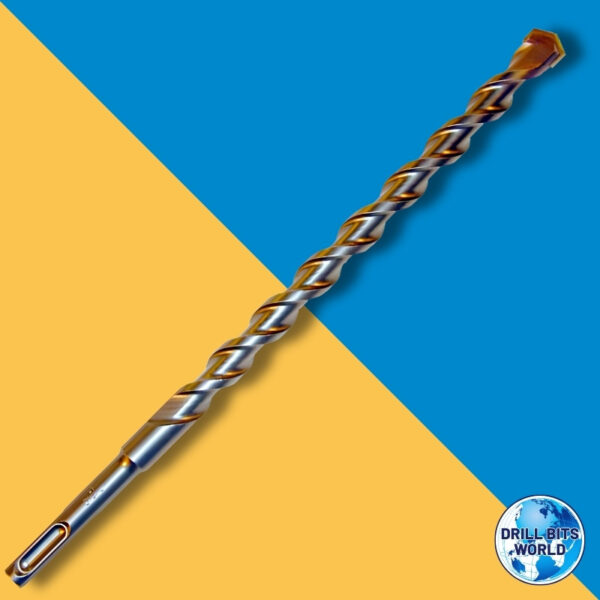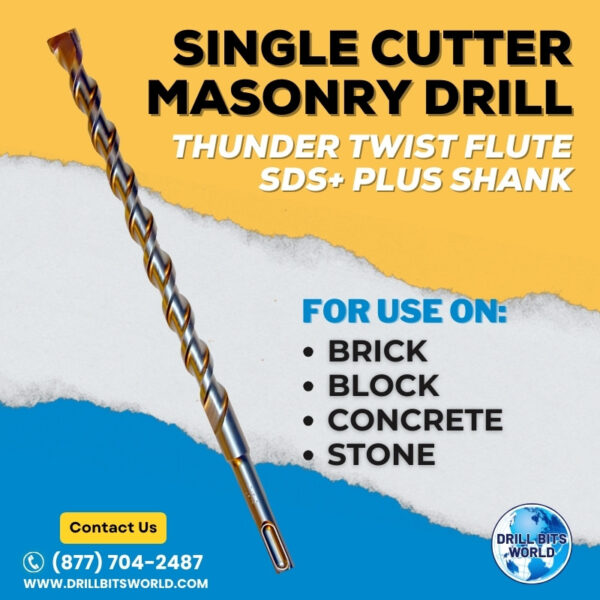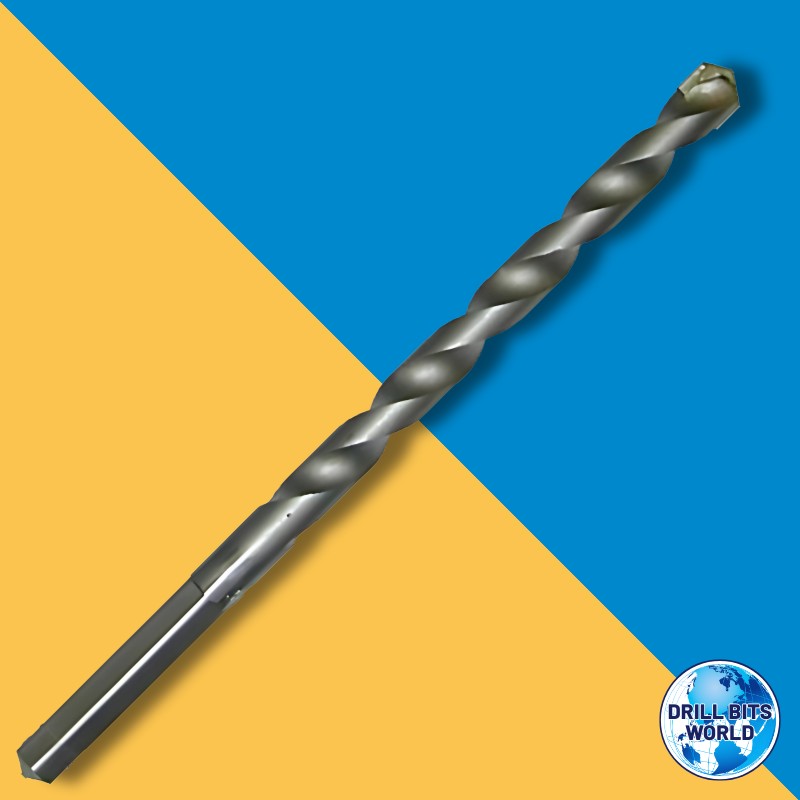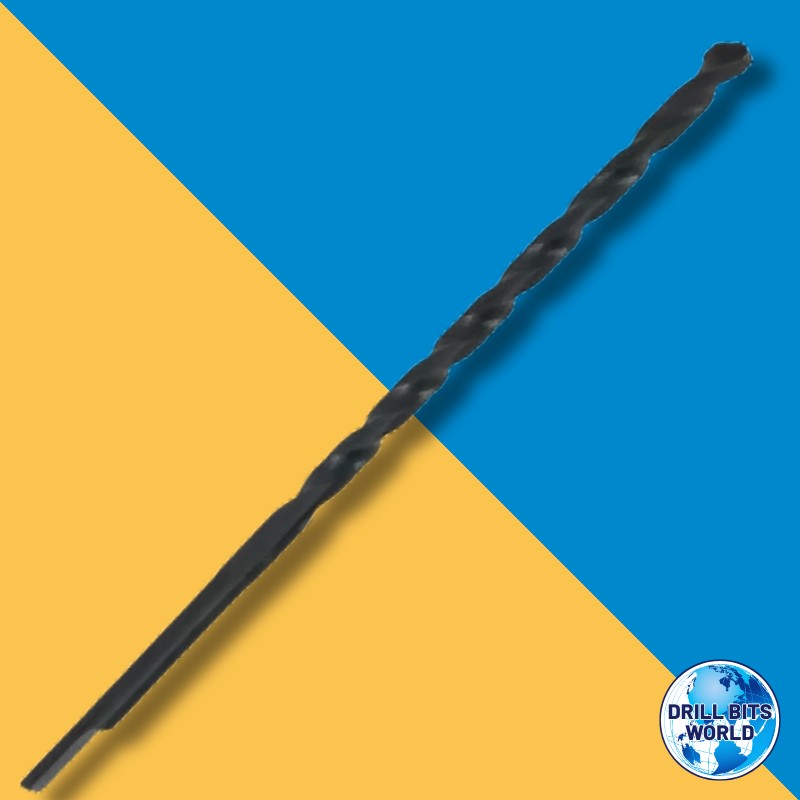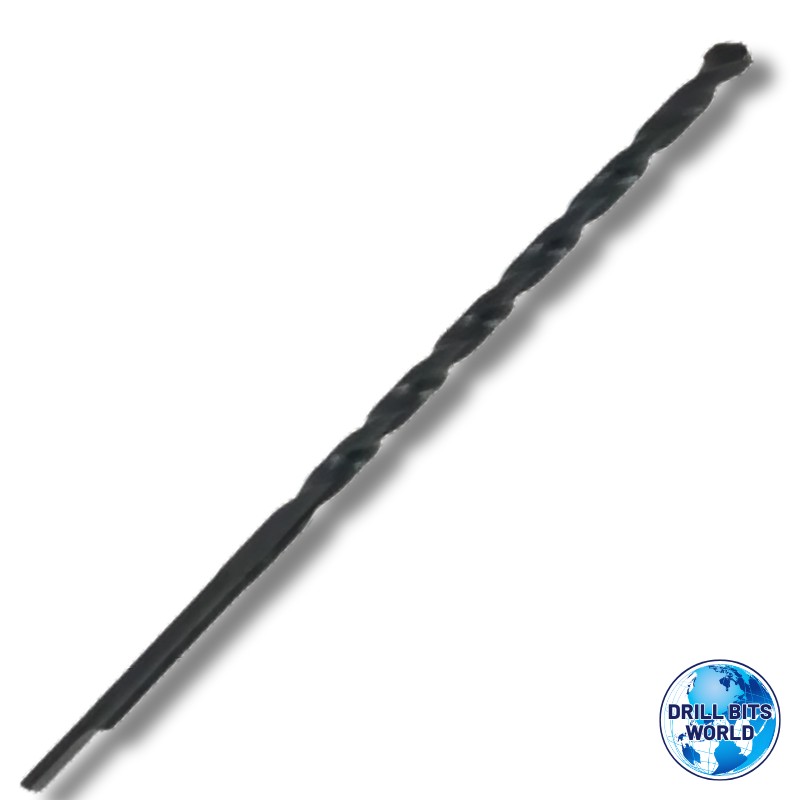11/16×12-3/4 Thunder Twist SDS-Plus+ Masonry Drill Bit
$63.24
Discover the 25425 11/16×12-3/4 Thundertwist SDS-Plus+ Drill Bit, engineered for seamless masonry work. With an SDS Plus Shank for secure drilling and Thundertwist technology for unmatched durability and precision, it’s perfect for professionals and DIYers alike. Enhance your toolbox with this essential, high-performance tool for reliable results in every project.
- Description
- Additional information
- FAQ's
Description
Introducing the 11/16×12-3/4 Thunder Twist SDS-Plus+ Masonry Drill Bit, a cutting-edge tool designed for effortless masonry projects. Featuring an SDS Plus Shank, this drill bit ensures a secure and efficient drilling experience. The innovative Thunder Twist technology offers exceptional durability and precision, making it ideal for drilling through tough materials. Perfect for both professional contractors and DIY enthusiasts, this drill bit is a must-have addition to any toolbox. Trust in our high-quality tools for outstanding performance and reliability in all your projects.Additional information
| Weight | 1 lbs |
|---|---|
| Dimensions | 12 × 1 × 1 in |
| Diameter Size | 11/16 |
| For Use On | Block, Brick, Concrete, Stone |
| Overall Length | 12-3/4 |
| Shank Type | SDS Plus |
| Size Type | Fractional |
FAQ's: Masonry Drill Bits
Which is better, M35 or M42 drill bits for masonry?
Neither — M35 and M42 are cobalt steel grades for metal. Masonry requires carbide tips.
Which is better, cobalt or black oxide drill bits for masonry?
Neither — both are for metal. For masonry, use carbide-tipped bits.
Which drill bits are masonry?
Any bit with a tungsten carbide tip designed for drilling concrete, brick, block, or stone.
Will a normal drill go through brick?
Yes, with a masonry bit, but expect slower progress compared to a hammer drill.
Why won’t my drill go through brick?
Possible causes: wrong bit type, dull bit, drill set to reverse, or too little pressure.
How to attach a masonry bit to a drill?
Insert the shank into the chuck, tighten it securely, and ensure the bit is straight before starting.
How to drill into concrete with a regular drill?
It’s possible but slow. Use a masonry bit, start small, and work up to your final hole size.
How to drill brick without cracking?
Use a sharp carbide bit, avoid hammer mode on delicate brick, and start at a slow speed with light pressure.
How to choose a masonry drill bit?
Match the bit diameter to the anchor or hole needed, ensure it’s carbide tipped, and choose the right shank for your drill.
What size masonry drill bit for brown plugs?
Typically a 7mm bit, but always match the plug manufacturer’s recommendation.
What is the best drill bit for a brick wall, old brick, or concrete?
A high-quality carbide-tipped masonry bit. For old brick, use a slower speed to avoid crumbling.
What kind of drill bit for concrete and stone?
Carbide-tipped masonry bits or diamond-tipped bits for very hard stone.
What is the hardest masonry drill bit?
Solid carbide and premium diamond-tipped masonry bits are the hardest and most durable.
What are the best masonry drill bits?
Carbide-tipped bits from brands like Drill Bits World are reliable for both brick and concrete.
What is the difference between SDS and standard masonry drill bits?
SDS bits have special shanks for SDS hammer drills, allowing more powerful hammering and quick changes. Standard bits have smooth or hex shanks for regular drills.
What is the difference between a masonry drill bit and an HSS drill bit?
Masonry bits have a carbide tip for abrasive materials; HSS bits are hardened steel for metal and wood.
What is special about a masonry drill bit?
The tungsten carbide tip and wide cutting edges are designed to crush and chip hard materials rather than slice them like a wood or metal bit.
Can you sharpen a masonry bit?
Yes, but you need a bench grinder or diamond wheel. Hand sharpening is possible but less accurate.
Do masonry drill bits go blunt?
Yes — they wear over time, especially when used on very hard materials or without cooling.
Should you drill masonry bits fast or slow?
Use a slow to medium speed with steady pressure. Too much speed generates heat and dulls the tip quickly.
Is there a difference between a masonry and concrete drill bit?
No — masonry bits are designed to handle concrete as well as brick, block, and stone.
Is a hammer drill better for masonry?
Yes — hammer action chips the material as you drill, making the process faster and easier on the bit.
Can you use a masonry bit with any drill?
Yes, but for best results use a hammer drill or rotary hammer. A standard drill will work but will be slower and may overheat.
Can titanium drill bits go through brick?
Not effectively — use carbide-tipped masonry bits for brick.
Can I use an HSS or titanium drill bit for masonry?
No — they will overheat and dull quickly on masonry. HSS and titanium bits are for metal and wood.
Can a masonry bit drill through metal?
No — masonry bits are not designed for metal. Use HSS, cobalt, or carbide-tipped metal bits instead.
Can a masonry bit drill through rock, stone, or drywall?
Yes — masonry bits work on rock, natural stone, and drywall. For stone, go slow with steady pressure and cooling if possible.
Do I need a masonry bit to drill into concrete or brick?
Yes — a standard HSS or wood bit will dull quickly or fail. Use a carbide-tipped masonry bit for these materials.
Are silver drill bits for concrete or masonry?
Yes — many masonry bits are silver or gray and will work on concrete, brick, and block.
What color drill bits are for masonry?
Color varies by manufacturer. Identify masonry bits by their carbide tip shape, not the color.
Are masonry drill bits black or silver?
They can be either. Color is not the definitive guide — silver or gray bits are often uncoated carbide tips, while black bits may be coated for corrosion resistance. Always check the tip design to confirm it’s for masonry.
How can you tell if a drill bit is for masonry?
Masonry bits have a distinctive arrowhead-shaped tungsten carbide tip and a slightly duller, sometimes silver or gray finish. The cutting edges are wider than the shaft, designed to chip rather than shave material.

